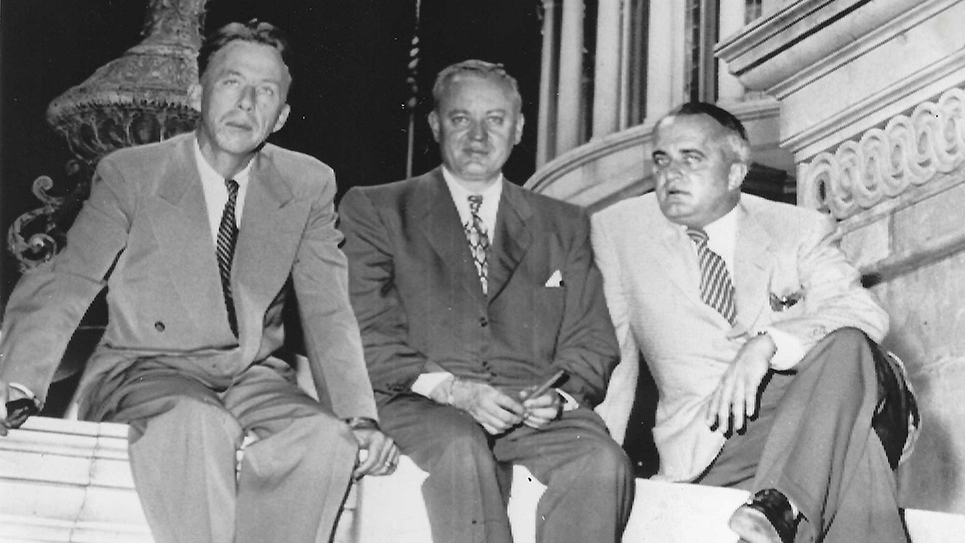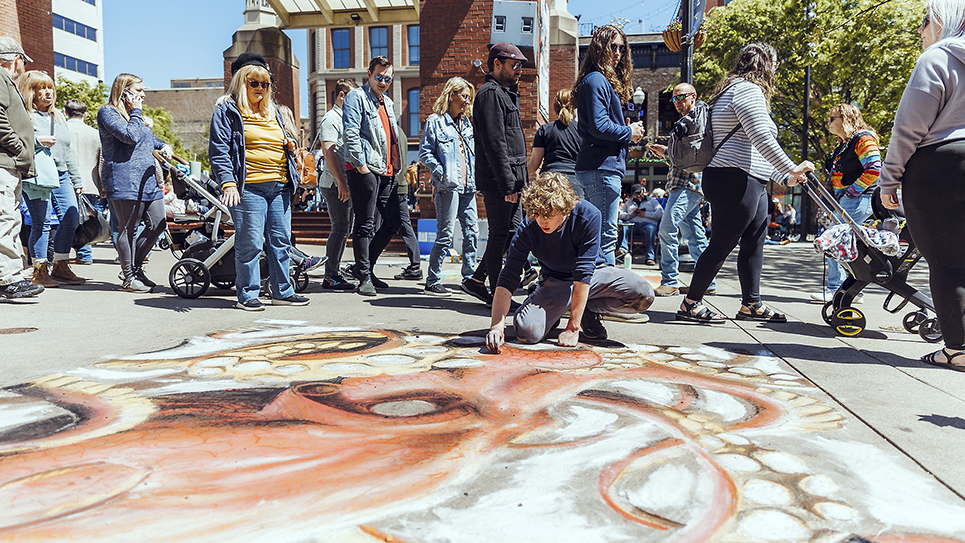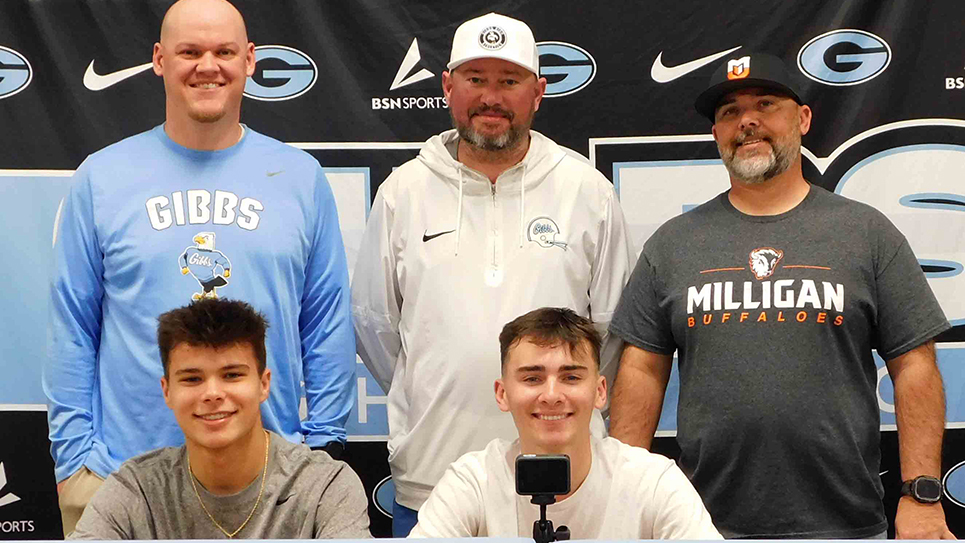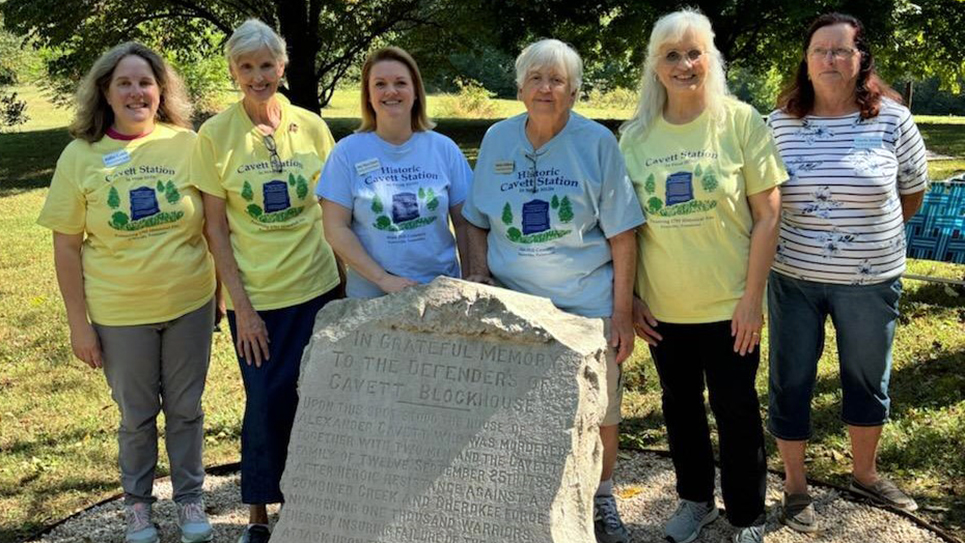The Senator From Washington State
Harry P. Cain
Harry Pulliam Cain was not an easy man to pin down. Perhaps it was a contrarian nature or his affinity for being unpredictable, but Harry Cain was a study in contradictions. As a member of the United States Senate, Cain was considered a conservative, an ultra-conservative by some, and viewed by many as an ally of Wisconsin demagogue Joe McCarthy. As a member of the Subversive Activities Control Board, Cain astonished his previous critics by being a full-throated civil libertarian, oftentimes highly critical of the Justice Department’s way of going about things. Harry Cain believed the Department of Justice had violated the civil liberties of some of the accused brought before the Subversive Activities Control Board and in his typical fashion, spoke out forcefully about it. President Eisenhower’s powerful chief of staff, former Governor Sherman Adams of New Hampshire, was appalled by Cain’s criticisms and considered the former senator to be disloyal to the administration. Harry P. Cain was mortified by the notion of sweeping away the rights of the accused. By the time he resigned his seat on the Subversive Activities Committee, Harry Cain was considered to be far too unpredictable to warrant any kind of political position. Cain also found himself alienated from both major political parties. By the time of his death, Harry P. Cain’s political career had gone full circle.
Harry P. Cain was never one to care much about his appearance, which was almost always rumpled, if not downright disheveled. Lean and lanky, Cain had shaggy hair frequently flying in every direction, and as a heavy smoker, he had lines etched deeply in his face, giving him the appearance of being older than his years. Nor was the senator much more circumspect about his personal life, which frequently splashed into the pages of newspapers of the day. Every difficulty in his troubled marriage seemed to be aired in some news outlet.
Cain was one of a set of twins and he and his brother were born in Nashville, Tennessee. The family moved to Tacoma, Washington, in 1911. Unfortunately, Harry Cain’s mother suffered from serious bouts of depression, and she killed herself in 1917. Following his mother’s suicide, Harry Cain suffered from an attack of Bell’s palsy, which rendered him speechless for a spell. Eventually, Cain returned to Tennessee to attend the University of the South. Cain graduated from Sewanee in 1929 and was offered a job with the New York Times. Harry Cain discovered his father was ailing and preferred to remain in Tacoma.
Cain was deeply involved in Tacoma’s civic affairs and became a candidate for mayor in a nonpartisan election. For years Harry Cain had been the kind of Democrat one found in the Southland, a more conservative type, and he was increasingly more skeptical of Franklin Roosevelt’s New Deal. Cain had run third in the primary, but the unexpected death of the top vote-getter presented Cain with the opportunity to make the run-off election. Cain won the election and became mayor of Tacoma at age 34.
Harry Cain was one of the first public officials to institute a weekly radio program where he could talk directly to the people he represented, much like Franklin Roosevelt’s famous “fireside chats.” Cain served as mayor during a time when Tacoma was experiencing prosperity as shipbuilding and military bases in the area were growing. Only two public officials on the West Coast raised their voices in opposition to President Roosevelt’s directive to intern those citizens of Japanese descent; Harry Cain was one of the two.
Reelected overwhelmingly in 1942, Harry Cain governed as a progressive mayor by any standard. Eager to get into the war effort, Cain left for London, where he was part of the military intelligence. A lieutenant colonel at the beginning of his service in the Second World War, Cain hankered to get into the fighting. At the same time, Republicans back home in Washington State ran Cain for the United States Senate in 1944 while he was in Europe. Even though he remained in Europe, finally having won a transfer to a fighting unit and being in the middle of the heavy fighting in the bloody Battle of the Bulge, Cain still won roughly 45% of the vote in absentia.
Following the war, Harry P. Cain went home and took up his responsibilities as mayor once again, although he soon became a candidate for the U.S. Senate once again. Cain won the GOP nomination to face Hugh Mitchell, who had been appointed following the resignation of Mon Wallgren, who had been elected governor in 1944. 1946 was a great year for Republicans and Harry Cain beat Senator Mitchell by 60,000 votes.
From the beginning, Harry P. Cain was unconventional, personally and politically. Cain resolved he would pay little or no attention to what might be popular back home, but rather to follow entirely the dictates of his own conscience. As a senator, Cain said whatever came into his head all too frequently, which naturally caused him problems with both the media and his constituents. Some of his statements were inflammatory, others simply highly controversial. Cain’s Senate office seemed ill-organized or simply did not choose to stress being responsive to the people of Washington State. Ultimately, most successful officeholders will find that a well-run office is the best politics.
Cain was often belittled by his critics as the Senate’s foremost spokesman on behalf of the real estate industry. Senator Cain retorted that he considered the label a compliment. When the Senate was considering a bill to extend the rent control still in place following the Second World War, Cain prepared to launch a filibuster. Beneath the tan gabardine suit he wore, the senator had a pilot’s urinal strapped to his left leg so he would not have to relinquish the Senate floor should nature call. Cain orated for twelve hours and eight minutes, speaking for the smaller property owners whom he said rent control discriminated against. Throughout his lengthy speech, the senator occasionally gnawed at potato chips and a pickle when other senators rose for a question. Cain would occasionally sip coffee or milk. Republican and Southern Democrats gave Cain momentary respite by posing long questions, which did not cause him to give up the Senate floor. Republican Leader Kenneth Wherry of Nebraska wrangled three brief recesses, saying he believed he could reach an agreement with Senator Cain. The obstreperous senator from Washington State refused any kind of compromise. Still, the brief recesses allow Cain to hurry to the restroom and return to the Senate Chamber much refreshed.
It was a few minutes after midnight when Harry Cain abruptly ended his speech and asked for a quorum call. Senators had been napping, either on cots or in their offices, while others had left at the dinner hour for social events. Sleepy senators began to return to the floor, where those gathered applauded those who wearily straggled in last. Majority Leader Scott Lucas of Illinois and Minority Leader Wherry engaged in a short argument. Lucas wanted to vote on the bill itself while Wherry wanted the senate to vote on a motion to send the bill back to committee. Wherry won and finally, at 3:48 a.m., senators trudged home.
Later, Cain, fresh as a spring daisy, chirped he was ready to renew his filibuster on a moment’s notice. The Senate killed Kenneth Wherry’s motion decisively and that was the end of it.
Nor was that Harry P. Cain’s first filibuster. When President Harry Truman had nominated former U.S. Senator and Governor Mon Wallgren to serve as the director of the National Securities Resources Board following his defeat in the 1948 election, Senator Cain immediately hurled the accusation that Wallgren was not qualified to serve. Cain spoke for nearly seven hours on that occasion and managed to raise enough of a ruckus to doom Wallgren’s nomination. President Truman had to content himself by appointing Wallgren to serve on the Federal Power Commission. TIME magazine recorded the spectacle of Senator Harry Cain’s mini filibuster against Wallgren’s nomination. “Cain talked for more than six hours, scratching under his arms, hitching at his trousers, sipping milk and raising one foot after the other so that his male secretary could change his shoes. Mrs. Cain, who has filed a suit for divorce, sat in the gallery the whole time, watching her husband admiringly.”
In 1948, Cain was one of only two members of the Senate to vote against a $3 billion appropriation to begin the program to build a 70-group Air Force. “We’re trying to do too much – – – too fast,” Cain insisted. The only other senator to vote against it was the ultra-leftist Glen Taylor of Idaho. Taylor was the vice-presidential running mate of former Vice President Henry Wallace, who was running on the Progressive Party ticket. “When Wallace is elected President,” Taylor crowed, “we can reach an agreement with Russia and call off this whole armaments program.” Harry Cain was named one of the ten most expendable members of the Senate by TIME magazine in 1950. Yet Senator Cain was also one of the most sought-after speakers in the country by a plethora of organizations.
Considering the continuous din of his hectic personal life and his flamboyant political life, it is not difficult to imagine how badly the Democrats wanted to beat Harry P. Cain when he came up for reelection in 1952. They nominated their best candidate in Congressman Henry M. “Scoop” Jackson, a six-term member of the House of Representatives. The campaign was hard fought, bitter, and almost entirely based on the record accumulated by Senator Harry P. Cain during his six years in the U.S. Senate. While Dwight D. Eisenhower was handily carrying Washington State and GOP Governor Arthur Langlie was winning reelection, Senator Harry Cain was losing decisively to Henry Jackson. According to the Spokane Spokesman-Review, many of the senator’s friends felt Harry Cain only had himself to blame for his loss. “He was supremely overconfident,” columnist Ashley Holden remembered years later.
Defeated for reelection, several Republican senators prevailed upon President Eisenhower to appoint Harry Cain to an appropriate federal post. That post was a seat on the Subversive Activities Control Board, where Cain soon became a hero to civil libertarians for his outspoken defense of those whom he believed had been victimized by the Department of Justice. Cain returned to Washington State to speak at a Lincoln Day Dinner and used the occasion to criticize the Eisenhower Administration’s security program in general and most specifically, the attorney general’s proposal to liquidate the list kept by the Justice Department of subversives. “Has society become so lacking in vitality, vision and strength that we must pore over the ashes of a dead period in the past …?” Cain’s remarks stunned most of Washington, D.C.
Washington State Republicans began buzzing that Cain was preparing to begin a political comeback. Once accused of being overly zealous in his anti-Communism, now some called for Harry Cain to be fired because he was “soft on Communism.”
When it became all too clear that Eisenhower and his entire administration were dissatisfied with his record on the Subversive Activities Control Board, Cain went to the White House for a meeting with the president. There Cain listed his differences with the administration’s security program. Apparently, the president expressed more than mild unhappiness with Cain. The former senator resigned. Harry P. Cain was honored with a testimonial dinner at Washington’s prestigious National Press Club by a host of civil libertarians, labor leaders and politicians who honored his service as one safeguarding American liberties.
Largely broke, Harry P. Cain found a new home in Miami, Florida, where he remained active and involved in local politics. Cain did make a political comeback of sorts, becoming a Dade County (Miami) Commissioner in 1972. Already suffering from the effects of emphysema, Cain lost his reelection bid in 1976. The former senator died in his sleep on March 3, 1979.
© 2025 Ray Hill






